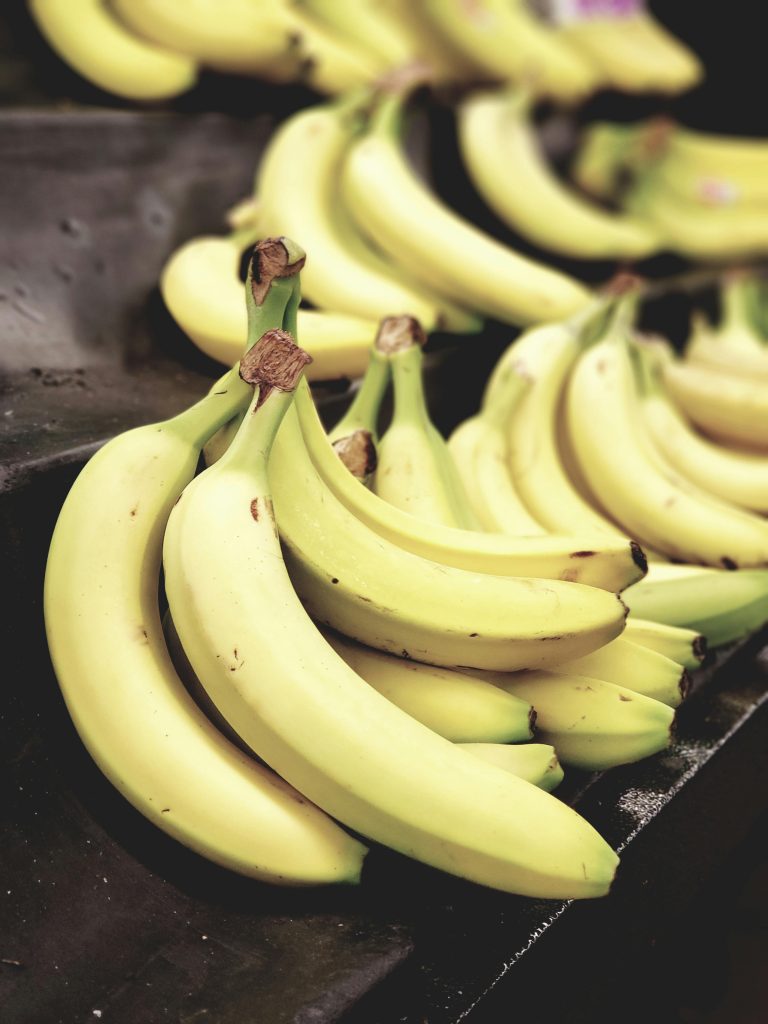All fields are required
Posted in Food Safety,Our Blog on April 7, 2025

Can you get food poisoning from bananas? The short and reassuring answer is **yes**. Although Bananas are a low-acid fruit and they rarely harbor harmful pathogens such as Salmonella or E. coli, which can cause severe foodborne illnesses, all food can become contaminated. Thankfully, their thick outer peel acts as a natural barrier that protects the fruit from contamination, making bananas one of the safest fruits to consume. This typically safe food is a great source of nutrition and the peel doesn’t even contain an environment suitable for bacteria to grow. A win-win for those of us who love this delicious yellow fruit that comes in its own packaging. Easy to carry and pretty durable.
What is a risk factor though? If a banana comes into contact with other contaminated foods or surfaces, it may become contaminated itself. However, proper food handling and hygiene practices can minimize the risk of cross-contamination.
Depending on their ripeness when purchased, bananas will last on your countertop for anywhere from two to six days. If you always have bananas around, it’s worth investing in a holder with a hook. Hanging the fruits eliminates the potential for bruising, which happens when bananas are lying on top of each other. You should also aim to keep the fruits away from direct sunlight, as the heat from the sun can cause them to ripen rapidly.
Sliced bananas discolor quickly, so it’s best to avoid cutting into them until you’re ready to eat. However, if you sprinkle them with a little lemon juice, it lowers the pH levels and will keep browning at bay.
Can you keep bananas in the fridge? Yes, you can absolutely store bananas in the fridge. Just keep in mind that the cool, dry climate slows the ripening process, which is why bananas aren’t refrigerated in the supermarket. In other words, if you put green, unripe bananas in the fridge, they’re likely to stay that way. Additionally, putting a banana in the fridge too soon can actually ruin the fruit and cause what is known as a “chilling injury,” which stops the ripening process and causes bananas to taste bitter.
Bananas can also be frozen. To freeze bananas, lay the slices out on a parchment paper-lined tray or baking sheet and put them in the freezer. Once they’re frozen (it won’t take long), transfer them to a closed container or plastic bag. This step, while not entirely necessary, will keep the banana slices from sticking together and forming a mass. We suggest labeling the container with the date and the amount of bananas inside so that information is readily available when you’re craving the fruit.
No matter how you choose to store your bananas, here are a few storage tips to keep in mind.
For more food safety tips please keep an eye on Make Food Safe as we update the blog daily.